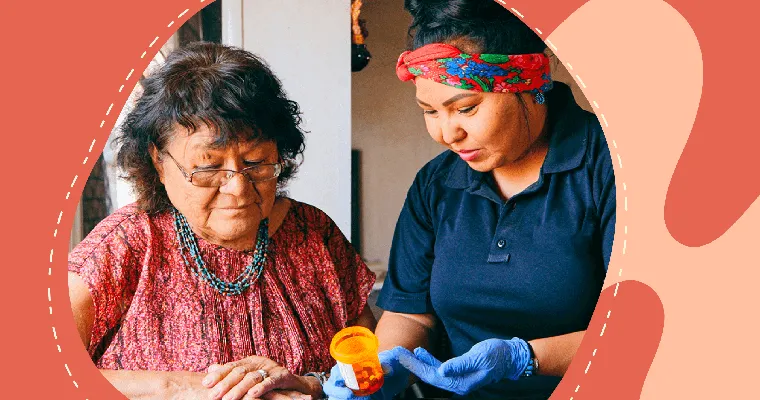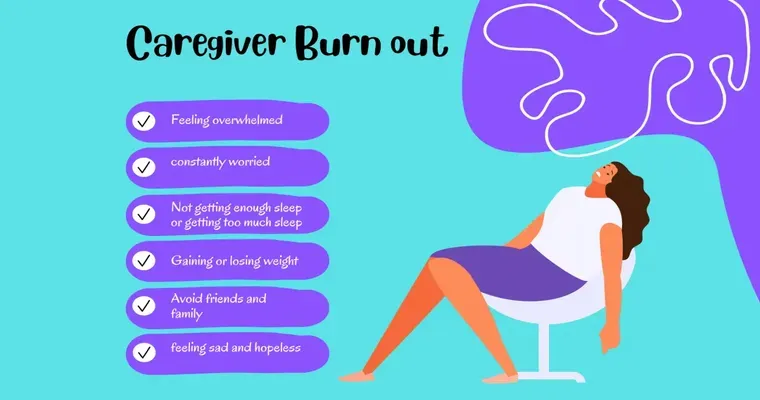Managing "medications" at home can be a daunting task, especially for those with chronic conditions or multiple prescriptions. However, with proper organization and a few practical strategies, you can ensure that you take your medications safely and effectively. This article provides essential tips for managing "medications" at home to help you stay on track with your health goals.
First and foremost, create a "medication list". Write down all the medications you are currently taking, including over-the-counter drugs, supplements, and vitamins. Include details such as the dosage, frequency, and purpose of each medication. This list will serve as a valuable reference for both you and your healthcare providers, and it can help prevent potential drug interactions.
Next, consider using a "pill organizer". These handy devices come in various sizes and designs, allowing you to sort your medications by day or week. A pill organizer not only simplifies the process of taking medications but also helps you keep track of whether you have taken your doses. Make it a habit to refill your organizer at the beginning of each week to ensure you have everything you need.
Establish a "medication routine". Consistency is key when it comes to taking medications. Try to take your medications at the same time each day, integrating them into your daily routine. For example, you might choose to take your medications with breakfast or just before bed. Setting reminders on your phone or using an alarm clock can also help you remember your medication schedule.
In addition, keep your medications in a designated area. Choose a cool, dry place that is out of reach of children and pets. Avoid storing medications in the bathroom, as humidity can affect their potency. Ensure that you have good lighting in the area so you can easily read labels and instructions when needed.
Another important aspect of managing medications at home is understanding how to read labels and instructions. Take the time to familiarize yourself with the information provided on the prescription label and any accompanying literature. Pay attention to warnings, possible side effects, and interactions with other substances. If you have any questions or concerns, don’t hesitate to reach out to your pharmacist or doctor for clarification.
Regularly review your "medications" with your healthcare provider. Schedule periodic check-ups to discuss your current medications, their effectiveness, and any changes in your health status. This is especially important if you are taking multiple medications, as dosages may need to be adjusted over time.
Finally, make sure to dispose of expired or unused medications properly. Many pharmacies and local communities offer medication take-back programs that allow you to safely dispose of these substances. Flushing medications down the toilet or throwing them in the trash can pose risks to the environment and public health.
By following these tips for managing "medications" at home, you can enhance your safety and improve your overall health. Staying organized, establishing routines, and maintaining open communication with your healthcare providers will ensure that you are making the most of your medications while minimizing potential risks.





